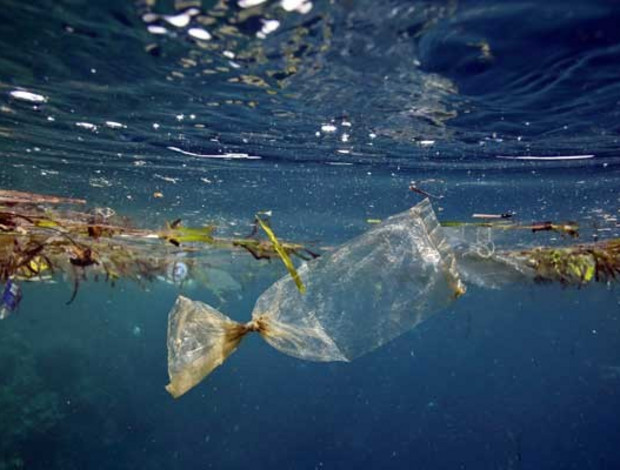 There is plastic, and a lot, among the garbage deposited on the sands of the Costa Vicentina beaches. The warning comes from the international environmental organization WWF - World Wildlife Fund, which released a report this Friday, World Oceans Day, in which it reveals that plastic currently represents "95 percent of waste" currently found in water Mediterranean and that the problem is also growing in our country.
There is plastic, and a lot, among the garbage deposited on the sands of the Costa Vicentina beaches. The warning comes from the international environmental organization WWF - World Wildlife Fund, which released a report this Friday, World Oceans Day, in which it reveals that plastic currently represents "95 percent of waste" currently found in water Mediterranean and that the problem is also growing in our country.
The situation of Portugal, which is at the door of this Sea, is also focused on in the document entitled “Getting out of the plastic trap: saving the Mediterranean from plastic pollution”. In our country, the most worrying situations are those of the beaches in the Lisbon and Costa Vicentina area. It is here that the predominance of plastic waste among the garbage found in the sands is greater.
These two zones are above the national average percentage of plastic found among trash on beaches, which stands at 72 percent, in relation to trash found in industrial zones and estuaries. The reason given for this higher prevalence of plastics and microplastics is the proximity to the Tagus and Sado estuaries.
According to the environmental organization, which cites scientific studies, in our country there are "worrying data along the marine food chain, namely in species that serve as food for fish and mammals".
If the situation on the beaches of Portugal is already worrying, the situation in the Mediterranean is even more critical. According to WWF, this sea could become "a plastic trap, with record levels of pollution caused by microplastics, which threaten both marine species and human health."
By country, it is Turkey and Spain that contribute the most to plastic pollution. Italy, Egypt and France follow. Tourists visiting the beaches of the Mediterranean Sea also leave their mark, as, according to the WWF, "they are responsible for a 40 percent increase in marine litter."
The world organization leaves some recommendations to reverse the situation. To civil society and policy makers, he asks them to take measures to reduce pollution with plastics not only in coastal and maritime areas, but also in the urban environment.
At the international level, the WWF suggests the conclusion of an agreement that will make it possible to eliminate plastic discharges into the oceans.


















Comments